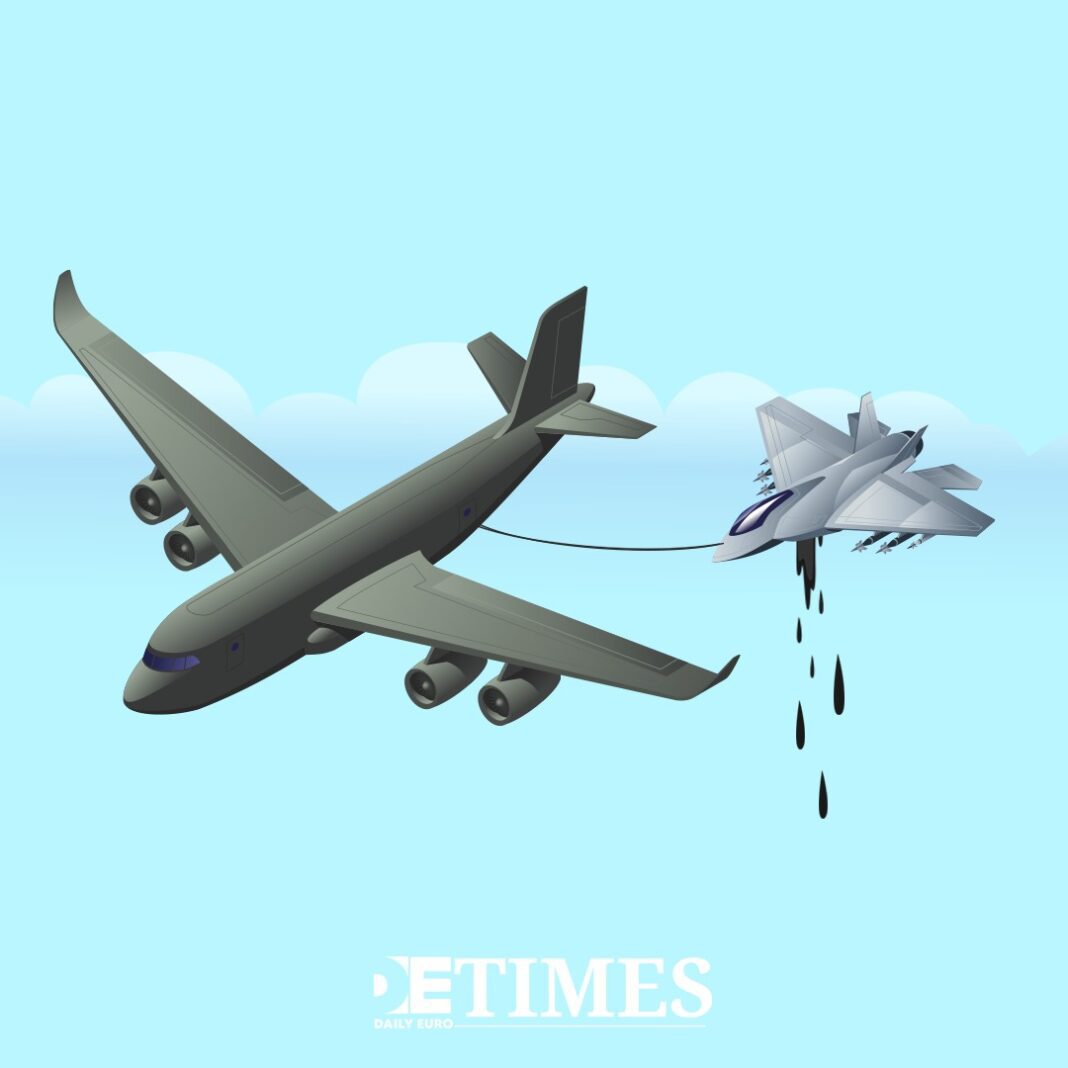General Christopher Donahue’s unveiling of the NATO “Eastern Flank Deterrence Line” sounds brilliant on paper. The plan promises seamless interoperability between allied forces, common launchers, and standardised systems across the Baltic states.
But here’s the rub. Military cooperation works only when economic cooperation isn’t falling apart. Right now, the trade climate looks pretty grim.
Technology Wars Fracture Defence Dreams
NATO’s eastern strategy hinges on technology sharing. Donahue demands that defence contractors share application programming interfaces and cut costs. He wants systems that actually talk to each other across borders.
Sounds sensible enough. Except reality keeps getting in the way. Europe has turned into a boxing ring for the tech war between America and China.
Defence ministries are now second-guessing procurement decisions because of tariff worries. Trust breaks down when allies start treating each other like trade enemies.
When Economics Trumps Security
Defence cooperation needs industrial partnerships that last decades. Companies won’t invest in joint programmes unless they reckon the political weather will stay calm.
Current tensions are wrecking that kind of trust between Washington and Brussels.
European leaders bang on about “strategic autonomy” whilst American policymakers keep pushing “friend-shoring.” Each idea makes sense on its own. Put them together and you get fragmentation across the Atlantic.
NATO allies share intelligence to counter Russian threats every single day. At the same time, they’re fighting economic battles that wreck the very cooperation they need militarily.

The Road Back From Economic Conflict
NATO’s eastern plans don’t have to crash on trade rocks. Defence technology sharing could get special protection from tariff wars.
Washington and Brussels need to wake up to the fact that security cooperation requires economic stability.
Trade deals could carve out defence exemptions. Military partnerships might get legal immunity from commercial scraps.
Building Bridges Instead Of Walls
Fixing this needs fresh thinking on both sides of the Atlantic. America has to accept that European defence autonomy actually makes NATO stronger, not weaker. Europe needs to admit that American tech leadership helps everyone..
General Donahue’s dream of smooth military cooperation across NATO’s eastern reaches needs the trade cold war between the West to end first.
European defence firms are already getting cold feet about linking up with American systems when punitive tariffs might land tomorrow.
Baltic deterrence needs European factories churning out American-designed kit. And American companies have to license tech to European partners without worrying about trade revenge.
Keep up with Daily Euro Times for more updates!
Read also:
Freeriders: Spain and Italy Opt Out of NATO Hike
Defence: NATO’s New Strategy in Eastern Europe
EU-NATO: Brussels Summit and New Baltic Security







